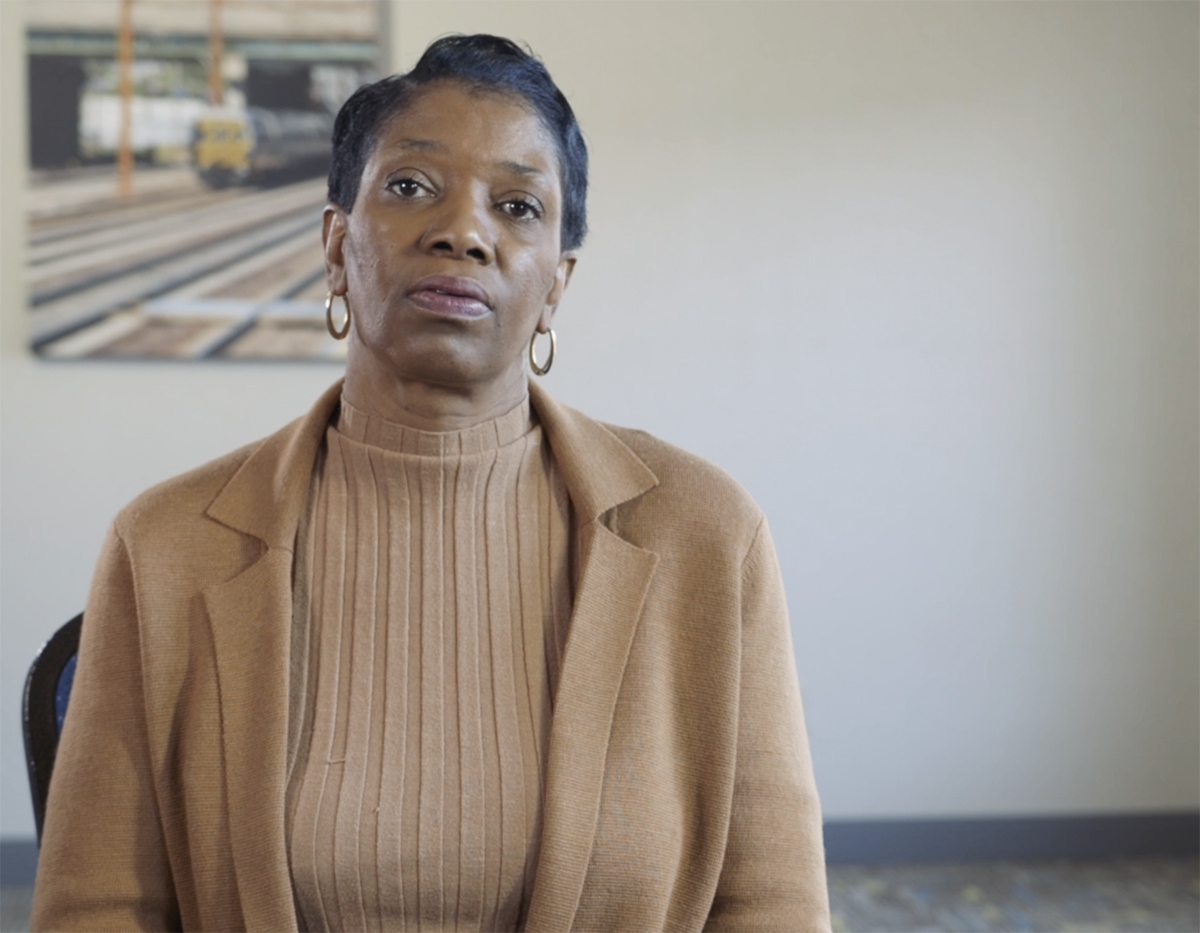
Ruth Rollins is the founder and executive director of We Are Better Together, Warren Daniel Hairston Project (WAB2G), based in Boston. Her organization provides emotional and financial support as well as advocacy for both victims of gun violence and those who cause harm.
She’s also a member of EJUSA’s Trauma & Healing Network. We spoke to her soon after COVID-19 shut down much of the northeast and then again as protests against George Floyd’s murder rolled out across the country to understand how these events were affecting WAB2G’s work. The following is an edited version of those discussions.
If you could identify one COVID-related need that stands out in your community and the people you work with, what would it be?
The major needs are financial and emotional insecurity. Many members of our community, people who have lost loved ones to homicide, expressed that social distancing felt like grief or grieving all over again. For those who have incarcerated family members, fear of their incarcerated loved ones getting sick caused a lot of emotional turmoil and stress.
How is WAB2G working to meet that need? How has your work shifted?
We had to get really creative with programming. We started doing twice-weekly emotional check-ins virtually. We hosted webinars on trauma, grief, loss, and other coping tools. We partnered with other agencies who were working on early release for incarcerated individuals. We offered financial support through gift cards, visa cards, and groceries. Most recently, I turned my backyard into an office space and healing space so that we could meet in person and still practice social distancing. We’ve even been doing court advocacy through Zoom for our members whose children have been arrested during COVID-19.
How do you see inequality or inequity playing out in your community? Has that inequality or inequity been amplified by COVID-19?
My focus has been on the gun violence that has increased locally during COVID-19. The national conversations (around race and inequity) created a lot of unity between agencies, both local and national organizations. It also highlighted division along the lines of race in Boston. Our organization worked with Family Justice and Healing, a national council for formerly incarcerated women and girls, to get incarcerated individuals who had preexisting conditions released during the pandemic.
While it was a successful effort, it caused some division because there was not much communication with the family members of those who experienced the harm. Family members didn’t feel seen or heard and didn’t have enough time to prepare emotionally or to find out what the plans were for individuals once they were released.
What have you seen happening in your community that inspires you in your work?
I was actually inspired by what wasn’t happening. I haven’t seen anyone bringing together mothers of children that are causing harm. I’ve been organizing focus groups under the platform of “Help Me before Death or Incarceration Knocks on My Door.” We’re connecting with a lot of mothers, particularly mothers of girls who are committing harm, and gathering data on what has worked for them, what hasn’t worked for them, what government agencies they worked with and which agencies dropped the ball when they were supposed to be offering services. Many agencies were offering services and receiving funding for those services but not actually rendering the services to those in need. I’ve been sharing some of the results of what we’ve found so far. The mayor has offered funding and we’re now able to fund two part-time positions to help continue this work.
There’s been a big drive to empty prisons and jails and quickly. How could authorities have done things differently to accommodate the needs of survivors?
They should have listened to agencies like mine who have already been working with this population. They should have done assessments of those who were at the highest risk. The grassroots organizations should have been able to come up with an effective protocol to provide to the authorities but we were dismissed until people started dying.
Any final words?
We are creating the change we seek, just like we’ve always done. We’re still supporting survivors while maintaining a seat at the table to do effective policy work that our members may need for their loved ones who are incarcerated.



